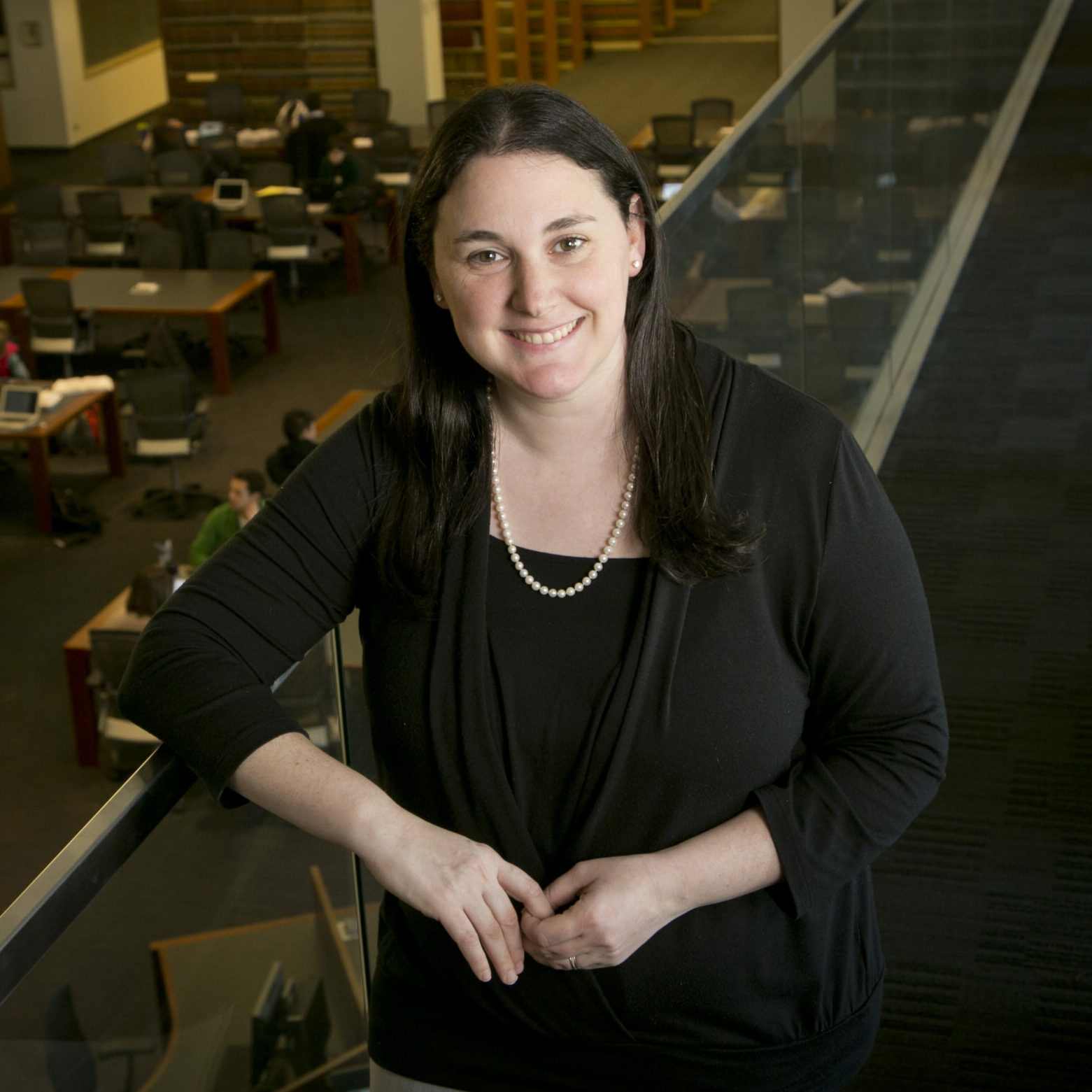Speaker Series: Sara Sternberg Greene

One of the most basic assumptions of our legal system is that when two parties face off in court, the case will be adjudicated before a judge who is trained in the law. Sara Sternberg Greene’s research shows that, empirically, the assumption that most judges have legal training does not hold true for many low-level state courts. Using data compiled from all fifty states and the District of Columbia, Greene finds that thirty-two states allow at least some low-level state court judges to adjudicate without a law degree, and seventeen states do not require judges who adjudicate eviction cases to have law degrees. Since most poor litigants are unrepresented in civil legal cases, this sets up an almost Kafkaesque scene in courtrooms across the country: Legal cases that have a profound effect on poor families, such as whether they will lose their home to eviction, are argued in courtrooms where either no one knows the law or only one party—the attorney for the more powerful party—does.
Considering data collected from a case study of North Carolina, where over 80% of magistrates do not have J.D.s, Greene argues that allowing a system of nonlawyer judges perpetuates long-standing inequalities in our courts. She further argues that the phenomenon of lay judges is a symptom of a much larger problem in our justice system: the devaluation of the legal problems of the poor, who are disproportionately Black and Latinx. This devaluation stems in part from an enduring cultural history in the United States of blaming the poor for their poverty and its associated problems. A change is in order, one that intentionally considers the expertise of judges and adopts creative solutions to incentivize specially qualified adjudicators to serve as low-level state court judges.
To register, or for access to the related paper, contact Sophie Kofman at skofman@abfn.org.
__________________________________________________________________________________________________________________________________________________________
Sara Sternberg Green is a Professor of Law at Duke University School of Law. She is a sociologist and legal scholar whose teaching and research interests include poverty law, housing law, consumer law, bankruptcy, family law, contracts, qualitative research methods, and law and sociology. Greene uses primarily qualitative empirical methods to study the relationship between law, poverty, and inequality.
Her work focuses on how low-income families understand, experience, and interact with the law, how legal institutions may inadvertently perpetuate poverty and inequality, and how structural conditions create barriers to accessing law and justice for low-income families. Greene’s work has been published or is forthcoming in the Columbia Law Review, the New York University Law Review, the Duke Law Journal, and the Minnesota Law Review, among others. She has also published work in popular outlets such as The New York Times, Politico, and The Hill.
Greene received her B.A. in 2002 from Yale University, magna cum laude and with distinction. She received her J.D. in 2005 from Yale Law School, where she received the Stephen J. Massey Prize for excellence in advocacy and served as notes editor for the Yale Law Journal and articles editor for the Yale Law and Policy Review. She also served as chair of the student board of directors for the Jerome N. Frank Legal Services Organization and as student director in the Housing and Community Development Clinic. After clerking for Judge Richard Cudahy on the United States Court of Appeals for the Seventh Circuit, Greene focused on housing law and tax credit matters at the law firm Klein Hornig in Boston before beginning a Ph.D. program. She received her Ph.D. in social policy and sociology from Harvard University in 2014.

